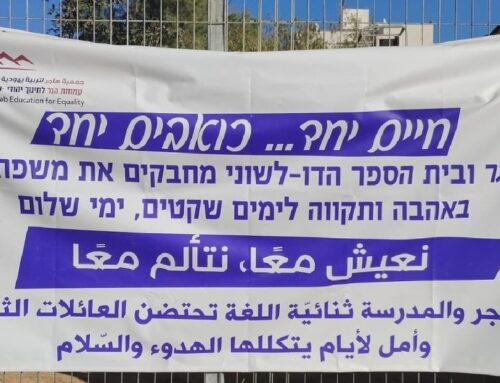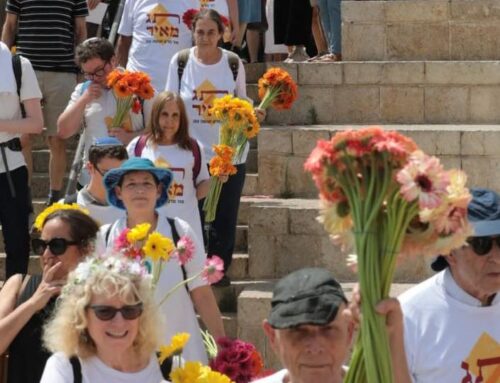Because of Israel’s system of proportional representation, and a low threshold for getting into the Knesset, at least 30 parties and lists competed. It has been suggested that young people going to Turkey for a drug-infested “rave” celebrating the solar eclipse, and not staying to vote for the Green Leaf (marijuana) party, prevented it from winning seats in the Knesset. Its party supporters went to the wrong party.
A likely minister in the new government, Rafi Eitan, head of the new party for penshioners (“Gil), that rose from nowhere to win seven seats, would probably be arrested if he visits the US; this 80 year-old former Shin Bet and Mossad intelligence operative was Jonathan Pollard’s handler. Eitan has been personally close to Ariel Sharon since at least 1970, but was not offered a secure seat on the Kadima list after Sharon’s stroke. He then decided to launch his own party and it drew a lot of protest votes — apparently from many young people.
Recent elections usually have a centrist party that makes a stir and then disappears. The last one of this sort was Shinui — the change party — which combined a fiercely secularist slant with a pro-market economics orientation and a moderately dovish foreign policy. Shinui was once a part of the left-wing Meretz alliance, but half went on its own in 1997 and was wildly successful in 2003 with 15 seats. It suffered internal division and fielded two separate lists in this election, neither of which got into the Knesset; most of its constituency was lost to Kadima.
Kadima occupied most of the center in this election, but because it started out as the governing party, there was room for another force, with Gil, the pensioners’ party, emerging from the center as a vehicle for protest. This tendency toward protest votes may also track with a recent decline in voter participation. In 2003, 68 percent of eligible voters went to the polls — a record low for Israel until this past week, when turnout declined to about 63 percent. This is still high compared with the US, but Israel’s electorate is increasingly alienated and disillusioned.
Israel’s election system gives much too much power to small parties and narrow sectoral interests — making governing parties subject, in effect, to blackmail in a desperate effort to broaden its governing coalition to command a Knesset majority. This also divides rather than unifies Israel’s diverse population. (As votes were being counted, the sixth Knesset candidate on the Shas list was indicted for bribery.) This system should be reformed to at least raise the vote threshold to four or five percent, rather than the less than two percent of today.
We were disappointed that Meretz’s sixth candidate, a remarkable ultra-Orthodox woman named Zivia Greenfeld did not make it. She would have added spice and depth to political debates, confounding stereotypes and preconceptions.






Leave A Comment